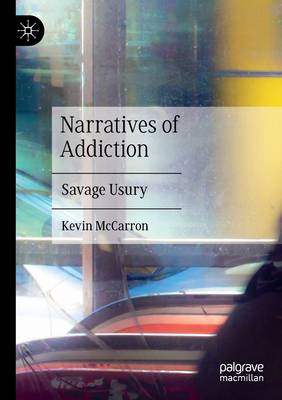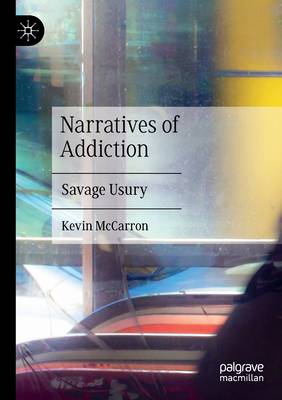
- Afhalen na 1 uur in een winkel met voorraad
- Gratis thuislevering in België vanaf € 30
- Ruim aanbod met 7 miljoen producten
- Afhalen na 1 uur in een winkel met voorraad
- Gratis thuislevering in België vanaf € 30
- Ruim aanbod met 7 miljoen producten
Omschrijving
Narratives of Addiction: Savage Usury is the first book to argue, in the face of more than a century's received wisdom, that drug addiction and alcoholism are undoubtedly evidence of individual moral flaws. However, the sense of morality that underlies this book is completely severed from Christianity. Instead, it is influenced in particular by the writings of the nineteenth-century German philosophers Arthur Schopenhauer and Frederick Nietzsche, both of whom insisted that a genuine morality was actually incompatible with Christianity. The sequence of chapters moves from addictions on the streets, into rehab clinics, and finally into the meetings of Alcoholics Anonymous and Narcotics Anonymous. This is the first book to argue that the search for pleasure drives alcoholism and drug addiction and not the "numbing of pain". Throughout the book I reject the claims of the medical profession, as embodied by the American Medical Association, that drug addiction and alcoholism are diseases, and further argue that they do not have the authority to tell hundreds of millions of Americans that addiction is not a moral failing. I also query throughout the book the claims of neuroscience, psychology, and the social sciences that addictions to alcohol and drugs are attributable to causes that their specific disciplines are best suited to understand. I argue that there is nothing complex about addiction: it is a simple behavioural disorder. The language routinely employed to discuss addiction is similarly not complex, just confused, and so it is also the rhetoric of addiction discourse, especially its use of simile, metaphor and euphemism, that this book evaluates.
Specificaties
Betrokkenen
- Auteur(s):
- Uitgeverij:
Inhoud
- Aantal bladzijden:
- 222
- Taal:
- Engels
Eigenschappen
- Productcode (EAN):
- 9783030884635
- Verschijningsdatum:
- 14/06/2022
- Uitvoering:
- Paperback
- Formaat:
- Trade paperback (VS)
- Afmetingen:
- 148 mm x 210 mm
- Gewicht:
- 303 g

Alleen bij Standaard Boekhandel
Beoordelingen
We publiceren alleen reviews die voldoen aan de voorwaarden voor reviews. Bekijk onze voorwaarden voor reviews.











